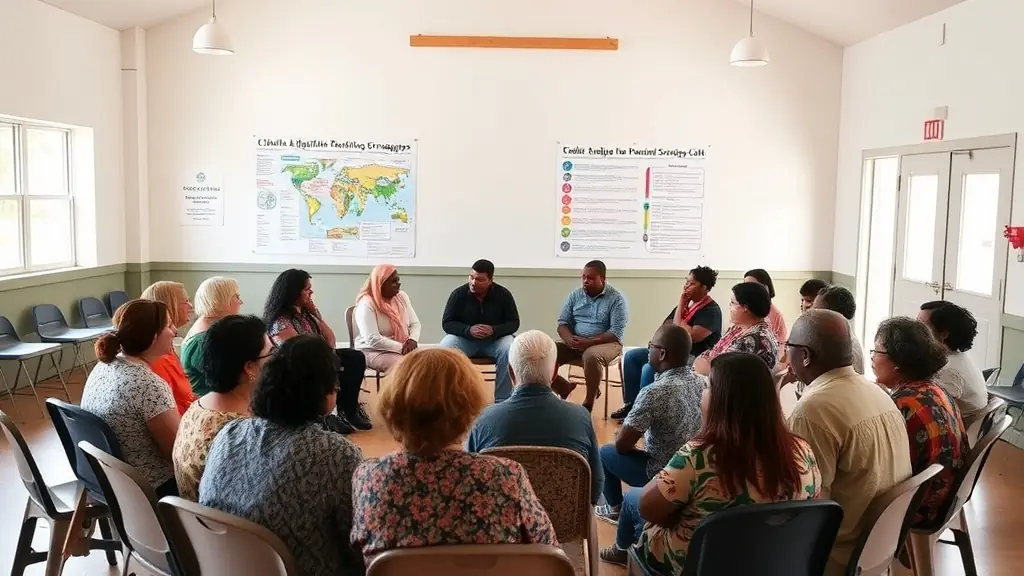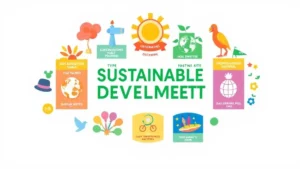Climate adaptation refers to the adjustments made in response to actual or expected climate change. It is essential for communities to develop resilience against the impacts of climate change, such as extreme weather events and rising sea levels. By implementing effective adaptation strategies, we can protect vulnerable populations and ecosystems. This article explores various approaches to climate adaptation and their significance in sustainable development.
One of the key aspects of climate adaptation is the integration of local knowledge and practices. Engaging communities in the planning process ensures that solutions are culturally relevant and effective. Additionally, collaboration between governments, NGOs, and the private sector can enhance the effectiveness of adaptation initiatives. This article highlights successful case studies where community engagement has led to improved resilience.
Furthermore, climate adaptation is not just about mitigating risks; it also presents opportunities for innovation and growth. By investing in sustainable technologies and practices, we can create new jobs and stimulate economic development. This article concludes by emphasizing the need for a holistic approach to climate adaptation that considers social, economic, and environmental factors.




